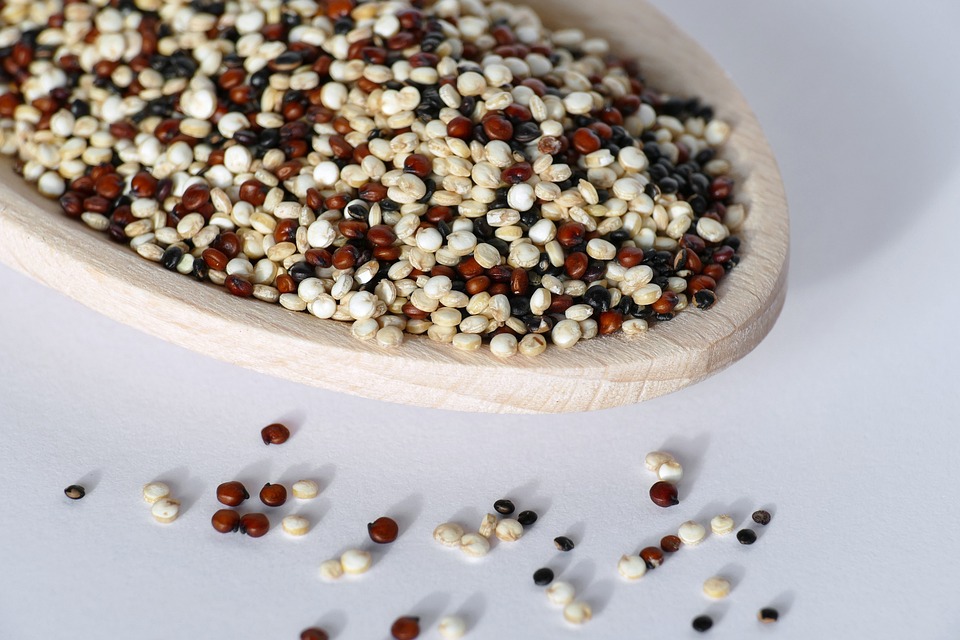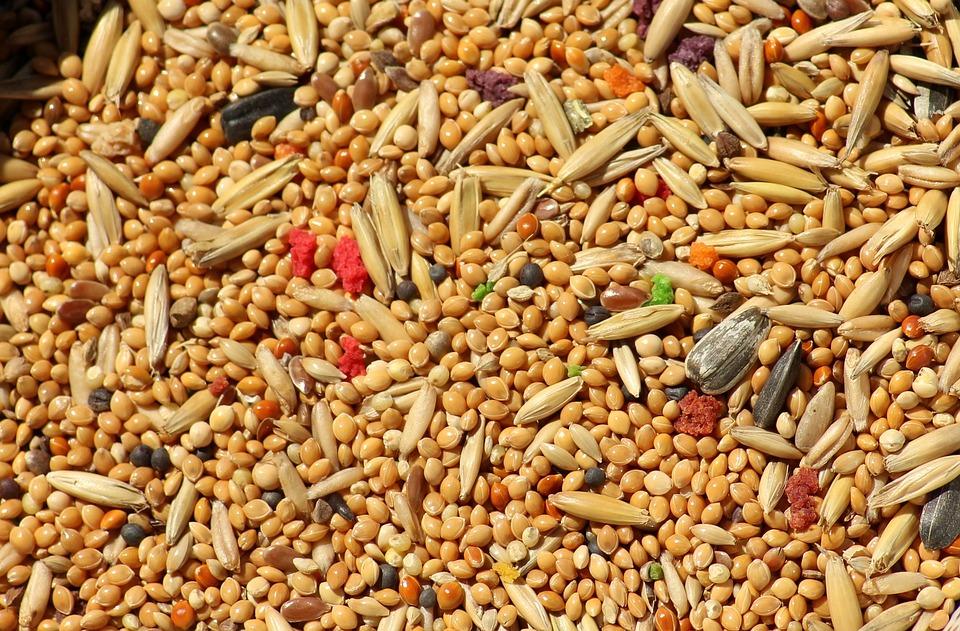Millets: Nutritional powerhouses
In recent years, there has been a growing interest in alternative grains due to the various has benefits. Among these, millets have gained significant attention for their exceptional nutritional profile and numerous health advantages. They are small, seeded grasses that have been cultivated for thousands of yours and known for their resilience in diverse climates. This article explores the miracles of millets and highlights their impressive health benefits.

5 best types of millets for weight loss; –
Kangni or foxtail millet.
Ragi or finger millet
Jowar or sorghum
Bajra or pearl millet
Rajgira or Amaranth
Benefits of Millets:
Rich source of nutrients; –
They are packed with essential nutrients, making them a valuable addition to a healthy diet. They are a good source of complex carbohydrates, dietary fiber, proteins, vitamins especially in B complex vitamins minerals such as iron, magnesium Phosphorus and potassium. Compared to refined grains, millets are higher in fiber, antioxidants and micronutrients. Ragi is resource of calcium essential for bone health. Bajra is abundant in Iron, which aids in combating anemia. Foxtail millet is high in protein and low in fat, supporting muscle repair and energy production.
Gluten-free Alternative; –
One of the remarkable aspects of millets is that they are naturally gluten free. This makes them an excellent choice for you with gluten intolerance or celiac disease. They can be used as a substitute for wheat, Barley and rye in various recipes offering gluten sensitive people a wide range of alternatives.
Improve digestion; –
The high fiber content in millets promotes healthy digestion. It helps to prevent constipation, aids in regular bowel movements and supports a healthy gut flora. Millets’ fiber act as a Prebiotic, nourishing beneficial Gut bacteria and enhancing overall digestive health. Fiber also helps in detoxifying the body by promoting the elimination of waste products.
Blood sugar regulation: –
They have a low glycemic index, meaning they cause a gradual and steady rise in blood sugar levels compared to high glycemic index foods. This characteristic is particularly beneficial for people with diabetes or those at risk of developing the condition. Including millets in the diet can help to manage blood sugar levels and reduce the risk of diabetes related complications. Among the millets Foxtail, Little Millet and Barnyard Millet are particularly effective in controlling blood sugar levels due to their high fiber and polyphenol content.
Heart health: –
They contain heart healthy properties due to their high fiber content and the presence of antioxidants, phytochemicals and Minerals. These properties contribute to reducing cholesterol level, maintaining blood pressure and minimizing the risk of cardiovascular diseases. Regular consumption of millets as part of a balanced diet can support heart health. They are also reach in magnesium and potassium. Magnesium helps regular blood pressure and prevents hypertension. Potassium aids in maintaining electrolyte balance.
Weight management: –
Consuming millets into a weight loss or weight management plan can be beneficial. They are low in Calories and have a higher Satiety value, helping you feel full for longer periods. The fiber content aids in controlling appetite and reducing overeating, thus supporting weight management goals. These are rich in protein, aiding in muscle repair and fat loss. Beneficial in maintaining a healthy metabolic rate.
Antioxidant activity: –
They contain antioxidant properties due to the presence of compounds like phenolic acid, flavonoids and tannins. These antioxidants help to neutralize harmful free radicals in the body, reducing oxidative stress and the risk of chronic diseases including certain type of cancer, cardiovascular disease and neurodegenerative disorders. In summary, millets have rightfully earned their reputation as a nutritious grain with numerous health benefits.
Boosts Immunity:
The abundance of vitamins and minerals, particularly zinc magnesium and selenium, strengthens the immune system. Antioxidants and hence the body’s ability to fight infections and reduce inflammation.
Improves skin and Hair health:
The nutrients such as vitamin B complex, iron and antioxidants contribute to healthy skin and hair by promoting collagen production for skin elasticity, reducing hair fall and supporting healthy hair growth and protecting skin cells from oxidative stress.
Supporting Bone Health:
Especially Ragi is rich source of calcium and phosphorus essential for bone health. Regular consumption can help prevent osteoporosis and improve bone density.
Reduces risk of cancer:
Millets contain phenolic compounds, which exhibit anti-cancer properties. These compounds reduce oxidative damage to cells, inhibit the growth of tumor cells and lower the risk of colon and breast cancer.
Conclusion:
Millets are truly miracle grains, offering a unique combination of health benefits, sustainability and resilience. They address modern dietary challenges from managing lifestyle diseases to combating nutritional deficiencies while supporting environmentally friendly farming practices.
Reintroducing millets into your diets can revolutionize not only personal health, but also global food security. By impressing these ancient grains, we pave the way for a healthier, more sustainable future. Whether as the breakfast porridge, a savory main course, or a grit free snack, millets deserve a place on every plate.



Leave a Comment